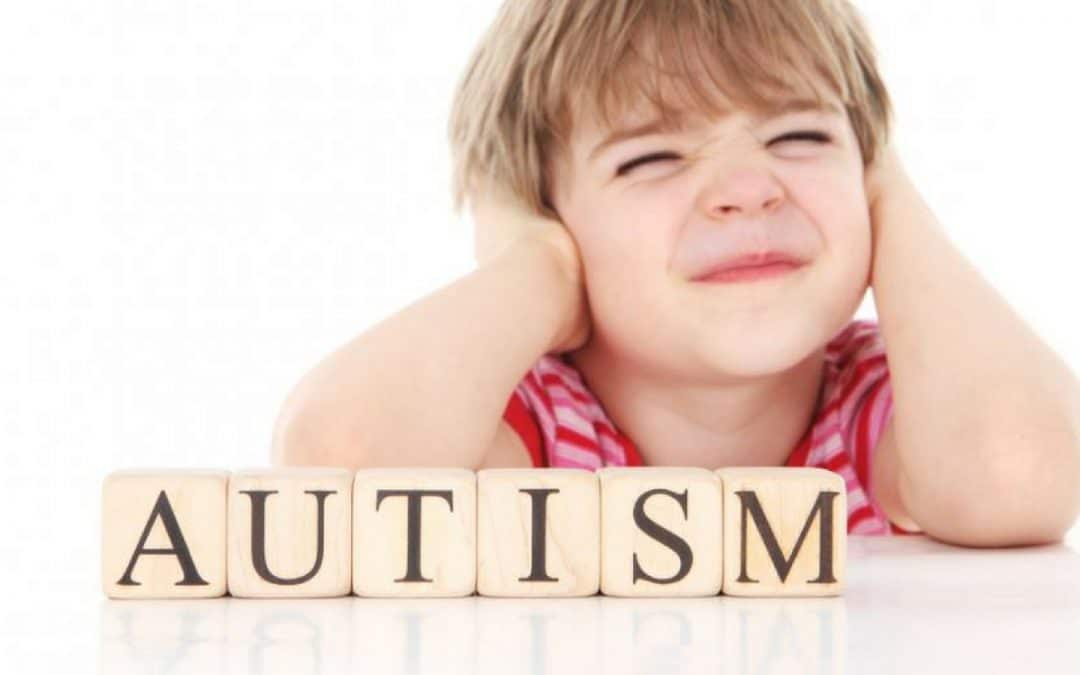If your child – or the child of someone close to you – has just been diagnosed with autism, you are probably feeling baffled and overwhelmed. It is never easy to learn that someone you care for has a serious health or developmental condition. Below we help you get to grips with what this diagnosis means.

How to Identify Children with Autism
Autism is a developmental disorder that appears in early childhood. It forms part of a range of disorders known as autism spectrum disorders, or ASD for short. Other disorders on this spectrum include Asperger’s syndrome and Pervasive Developmental Disorder (PDD). Disorders on the ASD spectrum can be difficult to diagnose. This is mainly because the symptoms and degree of impairment are different for every child. Symptoms may range from mild to severe.
Some features of autism include:
- Social withdrawal. Children may have difficulties with either verbal or nonverbal communication. Or both. In severe cases, an autistic child may never learn to speak. Making eye contact can also be very difficult for them.
- Rigid and repetitive behaviour. This may include rocking, pacing, humming or flapping.
It is important to note though that many children diagnosed with disorders on the ASD spectrum are able to live relatively normal lives.
Signs and Symptoms
Symptoms usually appears before a child is 3 years old. Some symptoms may appear as early as 10 to 12 months old.
Varying widely, signs and symptoms in children with autism usually include:
- Difficulty in communicating
- Avoiding eye contact
- Repetitive behaviours and activities such as arm flapping, head banging, or twirling an object over and over
- Rigid behaviour and difficulty transitioning from one activity to the next
- A narrow range of interests and activities
What Causes ASD?
Experts do not know exactly. In the past, people mistakenly blamed parenting practices. Sadly, this added a burden of guilt and shame on parents already struggling to cope with a disabled child. Today, most scientists believe that both genetic and environmental factors play a role.
Recent research has found that people with autism may have multiple genetic abnormalities. In addition, there may be metabolic or biochemical factors that can cause autism spectrum disorders. Other research is looking at environmental triggers, such as exposure to certain viruses. But a number of comprehensive studies have totally disproved the purported link between vaccines and ASD.
Over the last decade, there has been a dramatic increase in the number of diagnosed cases of autism worldwide. Experts do not know if this is because the disorder is actually on the rise, or if doctors are simply diagnosing it more effectively.
We should learn more answers to questions like these over the next few years. That’s because many researchers are currently looking into autism’s origins, prevalence, and treatment.
For more information about helping your child with Autism, contact Anel Annandale at 083 711 5267 or via email at anel@childpsych.co.za.
Follow us on Instagram for regular and up to date information.

